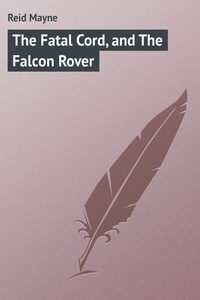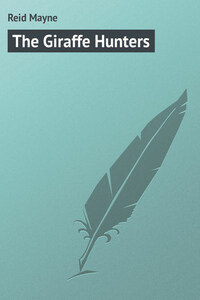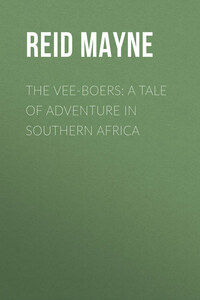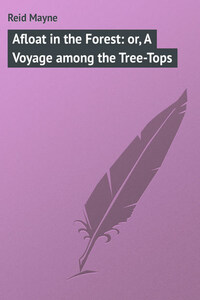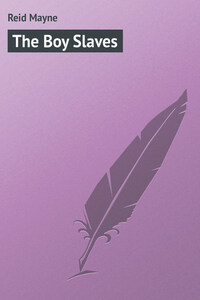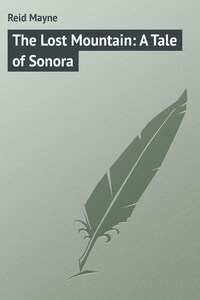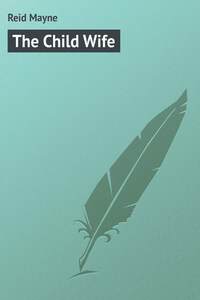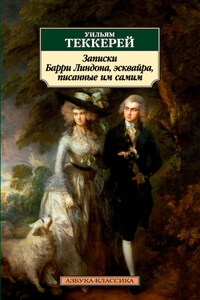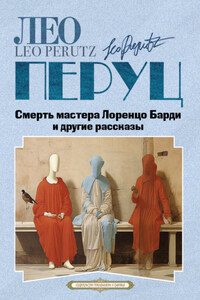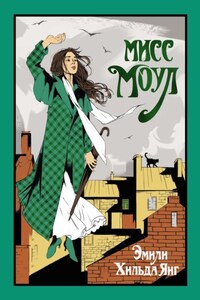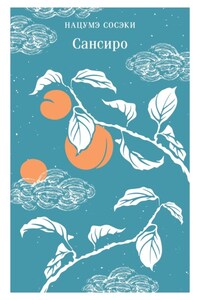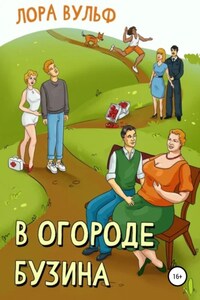Story 1-Chapter I.
A Bivouac of Boy Hunters
A Hunters’ bivouac under the shadows of a Mississippian forest, in a spot where the trees stand unthinned by the axe of the woodman.
It is upon the Arkansas side of the great river, not far from the town of Helena, and in the direction of Little Rock, the capital of that State.
The scene is a small glade, surrounded by tall cottonwood trees, one of which on each side, conspicuously “blazed,” indicates a “trace” of travel. It is that leading from Helena to a settlement on the forks of the White River and Caché.
The time is a quarter of a century ago, when this district of country contained a heterogeneous population, comprising some of the wildest and wickedest spirits to be found in all the length and breadth of the backwoods border. It was then the chosen home for men of fallen fortunes, lawyers and land speculators, slave-traders and swindlers, hunters, who lived by the pursuit of game, and sportsmen, whose game was cards, and whose quarry consisted of such dissolute cotton planters as, forsaking their homes in Mississippi and Tennessee, had re-established themselves on the fertile bottoms of the Saint Francis, the White and the Arkansas.
A glance at the individuals comprising the bivouac in question forbids the supposition that they belong to any of the above. There are six of them; all are boys, the oldest not over twenty, while the youngest may be under sixteen. And though at the same glance you are satisfied that they are but amateur hunters, the game they have succeeded in bringing down shows them gifted not only with skill but courage in the chase.
The carcase of a large bear lies beside them on the sward, his skin hanging from a tree, while several steaks cut from his fat rump, and impaled upon sapling spits, sing pleasantly over the camp fire, sending a savoury odour far into the forest around.
About a dozen huge bear-hounds, several showing scars of recent conflict, lie panting upon the grass, while just half this number of saddled horses stand “hitched” to the trees.
The young hunters are in high glee. They have made a creditable day’s work of it, and as most of them have to go a good way before reaching home, they have halted in the glade to refresh themselves, their hounds, and their horses.
The chase has provided them with meat of which all are fond; most of them carry a “pine” of corn bread in their saddle-bags, and not a few a flask of corn-whiskey. They would not be the youth of Arkansas if found unprovided with tobacco. Thus furnished with all the requisites of a backwoods bivouac they are sucking it in gleesome style.
Scanning these young fellows from a social point of view you can see they are not all of equal rank. A difference in dress and equipments bespeaks a distinct standing, even in backwoods society, and this inequality is evident among the six individuals seated around the camp fire. He whom we have taken for the oldest, and whose name is Brandon, is the son of a cotton planter of some position in the neighbourhood. And there is wealth too, as indicated by the coat of fine white linen, the white Panama hat, and the diamond pin sparkling among the ruffles in his shirt-bosom.
It is not this, however, that gives him a tone of authority among his hunting companions, but rather an assumption of superior age, combined with perhaps superior strength, and certainly a dash of bullyism that exhibits itself, and somewhat offensively, in both word and action. Most of the dogs are his, as also the fine sorrel horse that stands proudly pawing the ground not far from the fire.
Next to Master Brandon in degree of social standing is a youth, who is also two years his junior, by name Randall. He is the son of a certain lawyer, lately promoted to be judge of the district – an office that cannot be called a sinecure, supposing its duties to be faithfully performed.
After Randall may be ranked young Spence, the hopeful scion of an Episcopal clergyman, whose cure lies in one of the river-side towns, several miles from the scene of the bivouac.
Of lower grade is Ned Slaughter, son of the Helena hotel-keeper, and Jeff Grubbs, the heir apparent to Jeff Grubbs, senior, the principal dry goods merchant of the same respectable city.
At the bottom of the scale may be placed Bill Buck, whose father, half horse trader, half corn planter, squats on a tract of poor land near the Caché, of which no one cares to dispute his proprietorship.
Notwithstanding these social distinctions, there is none apparent around the camp fire. In a hunter’s bivouac – especially in the South-Western States, still more notably within the limits of Arkansas – superiority does not belong either to fine clothes or far stretching lineage. The scion of the “poor white hack” is as proud of his position as the descendant of the aristocratic cotton planter; and over the camp fire in question Bill Buck talked as loudly, ate as choice steaks, and drank as much corn whisky as Alf Brandon, the owner of the hounds and the splendid sorrel horse.
